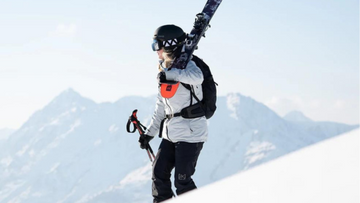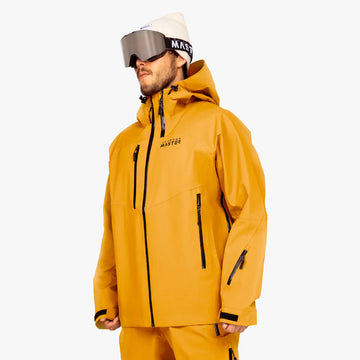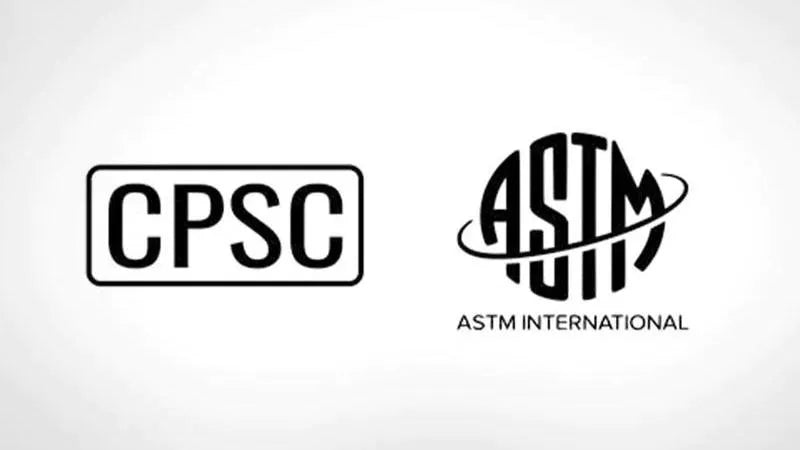
Master Guides
What Certifications Should a Skateboard Helmet Have?
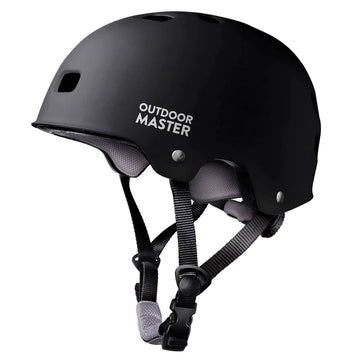

Skateboarding can be a fun and exciting activity, but it can also be dangerous if you are not wearing the proper protective gear. One of the most important pieces of gear for skateboarders is a helmet. But not all helmets are created equal. There are certain certifications that a skateboard helmet should have to ensure that it provides the highest level of protection. In this article, we will discuss the certifications that a skateboard helmet should have, as well as other important factors to consider when choosing a helmet.
What is a Skateboard Helmet Certification?
Skateboard helmet certifications are tests that a helmet undergoes to ensure that it meets certain safety standards. These tests are conducted by independent organizations, and a helmet must pass the tests to receive certification. There are several different certifications that a skateboard helmet can have, including the CPSC, ASTM, and Snell certifications.
CPSC Certification
The CPSC (Consumer Product Safety Commission) certification is the most basic certification that a skateboard helmet should have. This certification is required by law in the United States and ensures that the helmet meets the minimum safety standards set by the CPSC. To receive this certification, a helmet must undergo various tests to ensure that it can withstand impacts and provide adequate protection.
ASTM Certification
The ASTM (American Society for Testing and Materials) certification is a higher level of certification that a skateboard helmet can have. This certification is not required by law, but it is recommended by many experts in the skateboarding community. The ASTM certification tests a helmet's ability to protect against multiple impacts and is considered to be more rigorous than the CPSC certification.
Snell Certification
The Snell certification is the most rigorous certification that a skateboard helmet can have. This certification is not required by law, but it is recommended for skateboarders who want the highest level of protection. The Snell certification tests a helmet's ability to protect against high-impact collisions, making it a good choice for skateboarders who are more aggressive in their riding.
Other Factors to Consider When Choosing a Skateboard Helmet
While certifications are important, there are other factors to consider when choosing a skateboard helmet. One of the most important factors is the fit of the helmet. A helmet that does not fit properly will not provide adequate protection. Make sure to try on several different helmets and choose one that fits snugly but is not too tight.
Ventilation
Ventilation is also an important factor to consider when choosing a skateboard helmet. A helmet with good ventilation will keep your head cool and dry, making it more comfortable to wear for extended periods of time.
Weight
The weight of the helmet is another important factor to consider. A heavier helmet may provide more protection, but it can also be uncomfortable to wear for long periods of time. Look for a helmet that is lightweight but still provides adequate protection.
Style
Finally, the style of the helmet is a personal preference. There are many different styles of skateboard helmets, from classic skate-style helmets to more aerodynamic road bike-style helmets. Choose a style that you like and that fits your needs.
Outdoor Master Skateboard Helmet
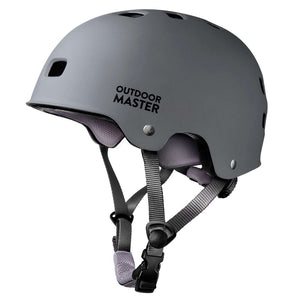
SKATEBOARD HELMET $29.99
Experience Ultimate Head Protection with Our All-Purpose Skateboarding Helmet - ASTM & CPSC Certified
Shop NowIf you're just getting started with skateboarding and don't want to break the bank on a helmet, the Outdoor Master Skateboard Helmet is a great choice.
This helmet is not only affordable, but also provides the necessary safety certifications (ATSM&CPSC) to keep you protected while skateboarding. With over 50,000 Amazon buyers testing its durability, you can trust that this helmet will last through multiple uses.
Plus, with its sleek and stylish design, you won't have to sacrifice fashion for function. The Outdoor Master Skateboard Helmet is the perfect option for anyone who is just getting into skateboarding and wants a reliable and budget-friendly helmet.
Conclusion
When it comes to choosing a skateboard helmet, safety should be the top priority. Look for a helmet that has the necessary certifications, including the CPSC, ASTM, or Snell certifications. Additionally, make sure the helmet fits properly, provides adequate ventilation, is lightweight, and suits your personal style. By choosing a high-quality skateboard helmet, you can enjoy your skateboarding activities with greater peace of mind.
FAQs
Can I use a bike helmet for skateboarding?
No, it is not recommended to use a bike helmet for skateboarding. Bike helmets are designed to protect against different types of impacts and may not provide adequate protection for skateboarding.
How often should I replace my skateboard helmet?
It is recommended to replace your skateboard helmet every 3-5 years or after a significant impact.
Do all skateboard helmets have certifications?
No, not all skateboard helmets have certifications. It is important to choose ahelmet that has at least the CPSC certification to ensure that it meets the minimum safety standards.
Are more expensive helmets better than cheaper ones?
Not necessarily. The price of a helmet does not always reflect its level of protection. It is important to choose a helmet that has the necessary certifications and fits properly, regardless of its price.
Can I customize my skateboard helmet?
It is not recommended to customize your skateboard helmet, as it can compromise its safety. Stick to using the helmet as it is intended to be used, and do not add any decorations or modifications.



